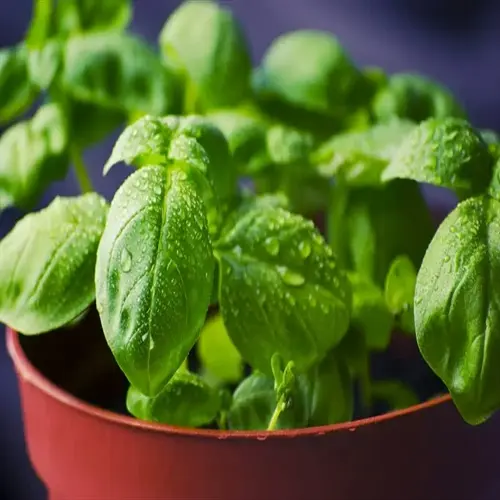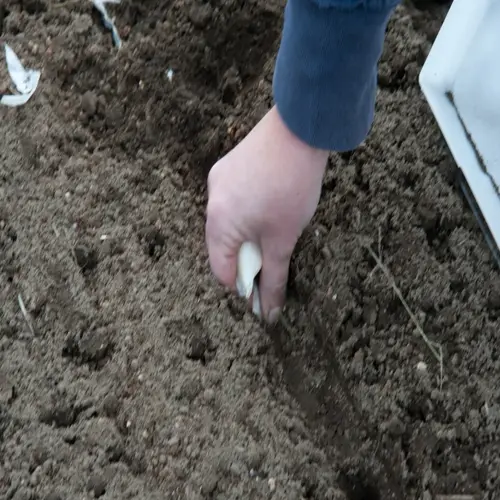Are coffee grounds beneficial for carrots?

Written by
Nguyen Minh
Reviewed by
Prof. Martin Thorne, Ph.D.Coffee grounds in carrot gardens have both supporters and detractors. Coffee ground "magic" amendments are mixed in with horticultural amendments. Still, they are also known to create unique dangers with root crops. I found this out personally when I got a hard crust on my carrot patch and stunted growth, after adding too much coffee ground magic amendment.
Soil Acidity Concerns
- Fresh grounds lower pH below carrot's ideal 6.0-6.8 range
- Acidic soil inhibits nutrient uptake critical for root development
- Requires constant pH monitoring if used regularly
Physical Soil Impact
- Forms water-repellent crust that blocks seedling emergence
- Compacts soil structure reducing root penetration depth
- Must be thoroughly composted to break down properly
Nutrient Limitations
- Contains only 2% nitrogen with slow release properties
- Lacks phosphorus essential for root expansion
- Attracts fungus gnats without providing balanced nutrition
Composting turns coffee grounds from a detriment into an advantage. Properly composting allows the grounds to lose acidity while slowly releasing nutrients. My compost system keeps the grounds for a minimum of six months. This patience yields once-safe organic matter that carrots can benefit from.
Better alternatives are available for a carrot planting nutrition program. Well-aged manure can supply and balance nutrients with no risk of altering pH. Leaf mold builds soil structure naturally. I use alfalfa meal for a more gentle nitrogen release. All of these are superior to coffee grounds, without exception.
Processing grounds should be used sparingly. It should not exceed 10% of your total compost volume. It should also be used in conjunction with lime as a countermeasure against acidity. I only use my processing grounds in the fall so that I have time for the pH to stabilize before planting in the spring. This will prevent seedlings from being exposed at the time of planting.
Soil testing before applying anything will help avoid calamity. You should monitor the pH every month during the growing season. If you notice it has dropped below 6.0, take immediate action and add dolomite lime. My garden journal indicates that consistently monitoring pH yields better root growth than any amendment.
Read the full article: When to Plant Carrots: Expert Timing Guide

